What is your analysis of the European elections?
First, Volt Europa got a seat, which obviously makes me happy. Then, the high turnout to the elections is a very good news, because it shows a rise of general interest in the European Union, a bigger awareness of what happens in Europe, and a rise of consciousness that we should not leave the floor to right-wing populists. I would also cite the rise of the Green parties compared to the more traditional ones, as it was the case in Germany.
What will be your priorities as a newly elected MEP? Which parliamentary committees or intergroups would you be likely to join?
I am very much willing to work in the Constitutional Affairs Committee (AFCO). A very strong point of Volt Europa’s platform and programme, that we run across the continent, is the need for EU reform, the question of how the EU can function in a better and in a more democratic way. Strengthening the status of the European parties is for me one of the priorities, and this goes through the EU’s electoral reform, as the discrepancies across the continent, in the different Member States, are striking.
In Italy, for example, you need to collect 150,000 signatures to be able to run for the European parliamentary elections. In France, you need around one million euros because you need to print your own ballot papers for the local electoral offices: if you cannot afford that, you are simply not visible. These are barriers to democracy, and that’s why harmonisation is definitively needed. This will be one of my priorities within the AFCO committee.
Beyond that, I will work towards bigger changes to reach a real European parliamentary democracy, and this obviously needs bigger Treaty changes.
The other committees I asked for are the ones reflecting Volt Europa’s programme, that is to say the Committee on Industry, Research and Energy (ITRE), as it works on Europe’s industrial policy for the future, and the Committee on Civil Liberties, Justice and Home Affairs (LIBE) to be able to work on the European asylum and migration policy.
This interview was conducted before the constitution of the parliamentary committees. Damian Boeselager MEP is now a member of AFCO and D-CA, as well as a substitute member of the BUDG, ITRE, LIBE and D-US committees. You can find further information on his MEP page on the European Parliament’s website.
As an elected representative from a transnational party, do you think that the European Parliament is ready to settle a more transnational dimension? You signed the manifesto of the Union of European Federalists ahead of the elections, is it part of a transnational strategy? Do you plan to campaign for transnational lists for the 2024 European elections?
As a transnational party, we obviously have a transnational strategy. Our creation is very much bond by the idea that we need European parties and more transnational politics, because the big problem of the EU is that it is still mainly driven by national parties and politics, including in the European Parliament, and obviously in the Council as well. A lot of different national interests are promoted in the European institutions, and there is a lack of European answers to many problems.
Moreover, our vision is that you should have one vote for an MEP of your area, and one vote for a European party. This is something that we will fight for. Creating a transnational list from the seats left by the British MEPs after Brexit instead of distributing them to other countries would be a first step to create a more European public sphere or electorate. But we then need a full reform, which has to be reflected in the treaties and the electoral law.
Then, across the different groups, there are people who have an interest in fixing the Union, although they have different priorities on how it should be done. I think it could be very interesting to talk to the different groups and people in the groups, and see where we could find a consensus to go beyond where we are now, or we will see further disintegration.
We need to dare more democracy and increase accountability, so that people can see how European democracy functions and is actually accountable to their votes and to their interests. This is something that we need to do now: it can be challenging, but it is definitely needed.
This interview was first published in French in “La Revue”, the quarterly journal of the think tank Confrontations Europe.
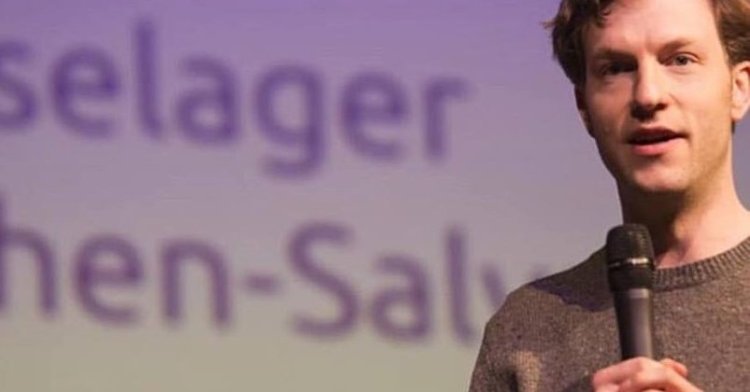

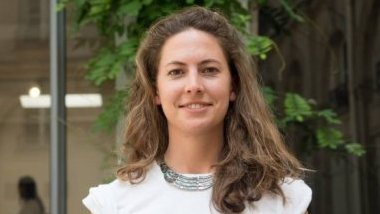
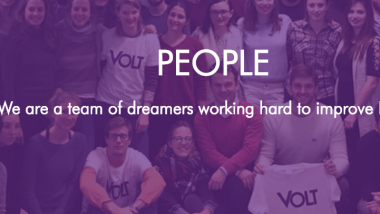
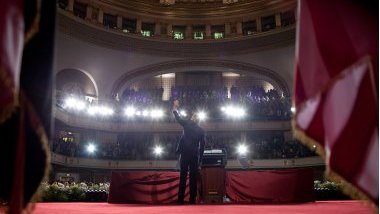
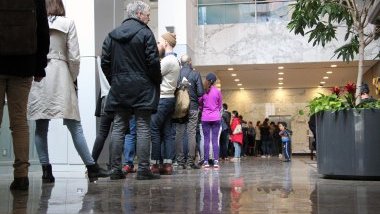
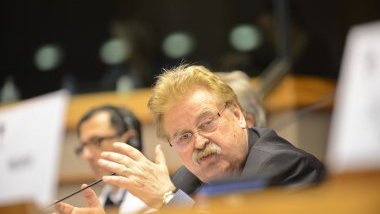
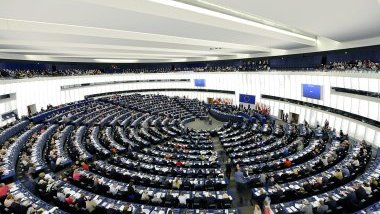
Follow the comments: |
|
